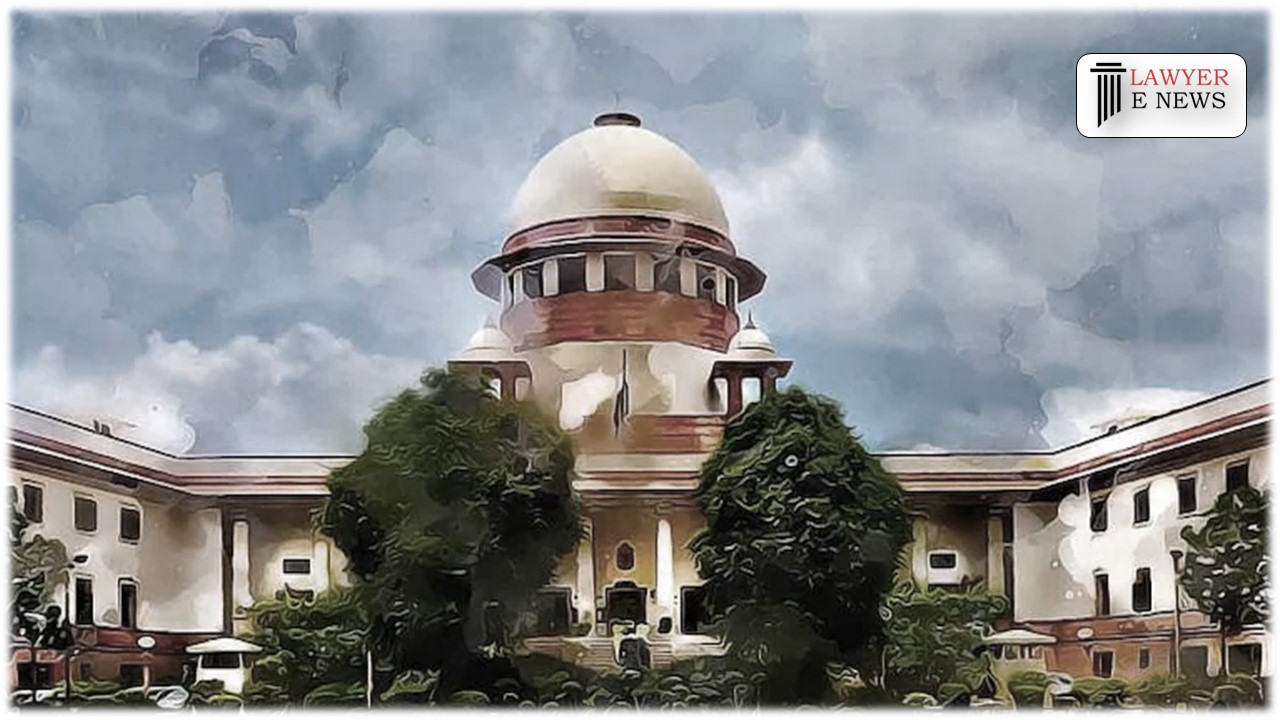-
by Admin
15 February 2026 5:01 PM



In a significant ruling that underscores the distinction between criminal intent and contract breaches, the Supreme Court of India, led by Justices Sudhanshu Dhulia and Prasanna B. Varale, overturned the Karnataka High Court’s decision, leading to the quashing of an FIR in a commercial dispute initially treated as criminal.
The Supreme Court’s decision focused on the vital difference between criminal intent and a mere breach of contract. The FIR, initially filed under Sections 406, 420, and 506 of the IPC, was contested by the appellants, who argued that the proceedings were an abuse of process, considering the dispute was essentially civil.
The appellants, involved in a commercial agreement with respondent no. 2 for the assembly and delivery of bicycles, were accused of criminal breach of trust and cheating. However, the Supreme Court observed that the dispute revolved around the number of bicycles assembled and the consequent payment, categorizing it as a civil disagreement.
Justice Dhulia’s judgment emphasized that the post-FIR settlement, and the acceptance of the settlement amount via a bank transaction, significantly weakened the allegations of coercion and criminal intent. He remarked, “A mere breach of contract, by one of the parties, would not attract prosecution for criminal offence in every case.”
The Court extensively used Its inherent powers under Section 482 Cr.P.C. to prevent abuse of process, drawing upon precedents like Paramjeet Batra v. State of Uttarakhand and Sarabjit Kaur v. State of Punjab, to establish the distinction between civil disputes and criminal offenses.
The judgment concluded that the dispute was fundamentally a civil matter, settled between the parties, lacking elements of cheating or criminal breach of trust. Hence, the FIR and subsequent criminal proceedings were quashed.
Date of Decision: March 12, 2024.
NARESH KUMAR & ANR. VERSUS THE STATE OF KARNATAKA & ANR.
